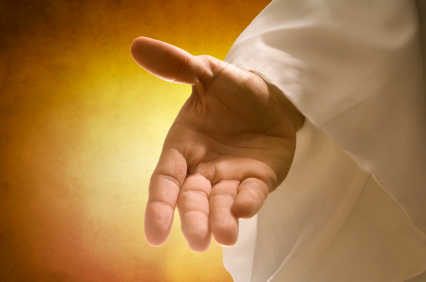The Son of God . . . loved me and gave himself for me (Gal 2:20-21 ESV).Â
The Keswick Movement has almost been forgotten. The annual conference began in the mid-19th century for the “promotion of scriptural holiness.” The Holy Spirit’s work in and through the Keswick Conference has changed lives for Christ for over a century and a half. Such notables as Andrew Murray, Amy Carmichael, Watchman Nee, Major Ian Thomas, and F. B. Meyer have all either taught at the yearly conference or were influenced by its teaching.
The sermons, devotionals, and books written Keswick authors and speakers have drawn me into the experience of Christ in a manner no other Christian literature can or does. In their instruction, I have found intimacy with Christ, experienced his constant, conscious presence, and discovered freedom from past pain and persistent sin.
The passage below is one of my favorite selections from a Keswick sermon. Charles Fox declares the greatness of the love of Christ: while suffering inextricable pain, Jesus is thinking about the needs of others. Jesus is carrying the sin of the world on his shoulders, yet he is giving away his inheritance for the benefit of others. Jesus was thinking of others’ needs when you and I would have been self-consumed by our suffering.
Just before He died, Jesus made an inventory of all He had, and then gave it all away. Hear Him: ‘My peace I give you'(John 14:27). ‘That my joy might remain in you (John 15:11).’ He gave His body-‘given for you’ (Luke 22:19). He gave His blood-‘shed for you’ (Luke 22:20). Then He gave what He thought a great deal of-His words. Twice He repeats this legacy, ‘I have given them the words which Thou gavest me’ (John 17:8). ‘I have given them Thy word’ (John 17:14). All He had He gave away. ‘The glory which Thou gavest me I have given them’ (John 17:22).
Then, when He was on the cross-for He was never so rich as when He was on the cross!-He gives away pardon. He gives home-‘Woman behold thy son!’ (John 19:26). He links two of His own together for ever. There are no such friendships as those which are made by the cross of Christ. Then, on the cross, He gives paradise away-paradise, never heard of between Genesis and Revelation, except only at the cross: ‘Today thou shalt be with me in paradise’ (Luke 23:43). Yes, today-immediate transition when you take Christ.
His very clothing was given. ‘They cast lots for His vesture’ (Matt. 27:35). I wonder what that soldier thought as he put on that seamless vesture: a picture of us murderers clothed in the stainless robe of righteousness of Christ.
Then His very dead body was given away. Nobody cared for it, until one disciple came and begged it, and was allowed to have it for the asking (John 19:38).
Is He not rich, my Master? ‘My peace, my joy, my words, my glory!’ All given away! This is indeed the Master. Is He yours?
Charles A. Fox, “The Gifts of Jesus” in Daily Thoughts From Keswick: A Year’s Daily Readings, ed., Herbert F. Stevenson (London: Hodder and Stoughton, 1980), 178.









 Â
Â